- “Abigail Williams is a snake.”
- “I hate her.”
- “I can’t say the word.”
- “She is a little rat – a cold blooded manipulative snake.”
- “She made me feel dirty.”
- “She made me feel good about myself.”
- “She made me feel like I was an amazing person.”
- “She used innocent people!”
- “She exploited the honesty of good people to protect herself.”
- “They (people in the community) became outcasts if they didn’t conform to the way everyone else was thinking.”
“I’d have you see some honesty in it. Let them that never lied die now to keep their souls. It is pretense for me, a vanity that will not blind God nor keep my children out of the wind…It is no part of salvation that you should use me! I have three children – how may I teach them to walk like men in the world, and I sold my friends?”
The Crucible is full of characters that use their voices to either destroy or empower. John Proctor’s bravery inspired students to look into their own world and realize that they have a voice they can use to speak out against injustices and wrongs in and against society.
I posed the following discussion questions about how to stand up for themselves and others.
- What are our pressures to conform and the consequences associated with standing up for yourself?
- How can you find your voice?
I shared an article as a tangible example of 16 year old Shelby O’Neal with a passion to see marine life have a better chance at survival used a small idea that has let to a big change. We read the following article: Stirred to action: Alaska Airlines to ditch plastic straws in favor of marine friendly stir sticks.
Students begin to research people, places and problems that need a voice. They create a Canva Postcard-sized document that presents a person, a group, or an issue that needs defending. Students use their voice to explain who or what needs defense, what has been happening to this subject, the results of the actions(s) or inactions(s) toward the subject, and their suggestions for a plan to relieve the suffering this subject is experiencing.
One student shared his reflection on the assignment: “You don’t know about who you advocate for, but then when you know, you want to do something about it, you want to be a better person.”
Student Postcard Examples:
While we are reading The Crucible, I encourage students to read texts that tell the story of characters finding their voices to speak out against and advocate against injustices, prejudices, and standing up for the oppressed. These texts open doors for students as they explore opportunities to use their voices to speak up and out for themselves and others.
The House In the Cerulean Sea by TJ Klune: Linus Baker – an awkward lonely caseworker assigned to keep tabs on orphaned children with magical powers. He is assigned to an orphanage on the island of Marsyas. There his work gives him the freedom and voice to uncover inclusivity, bring acceptance to the misunderstood and discard prejudices.
The Witch of Blackbird Pond by Elizabeth George Speare: As a young teen, Kit has to leave her home in Barbados and move to Wethersfield, Connecticut to live with her Aunt Rachel and her Uncle Matthew, who are Puritans. She struggles to adapt to their culture. Kit exposes the inconsistencies and hypocrisies in the Puritan’s hard work ethic and belief in the rights of free men; yet, they refuse to respect others’ rights or religious freedoms and even enslave others.
Habibi by Naomi Shihab Nye: When the Abbouds, an Arab American family moved from St. Louis Mo., to 14-year-old Liyana’s father’s homeland, Jerusalem, they were immediately faced with violence and persecution between the Arabs, Jews, Greeks and Armenians. Through Liyana’s eyes, the reader sees the unrest, prejudices, and hatred prevalent in the current everyday lives of families in the war torn community. Liyana finds her voice by bridging the customs of her own Arabic family and embracing those of her new Jewish friend.
The Help by Kathryn Stockett: Skeeter, a southern belle returns to her southern town as an aspiring writer. She finds her voice by telling the story of 12 black maids and uncovering years of prejudice within the community bringing strength and hope to the suppressed women.
A Very Large Expanse of Sea by Tahereh Mafi: Shirin, a 16-year-old Muslim girl living in post 9/11 America, learns to deal with the demeaning stares and glares from class mates just because of her hijab. When a classmate, Ocean, shows genuine interest in her, she deals with the way their families and communicate will react to their relationship.
Raise your voice!
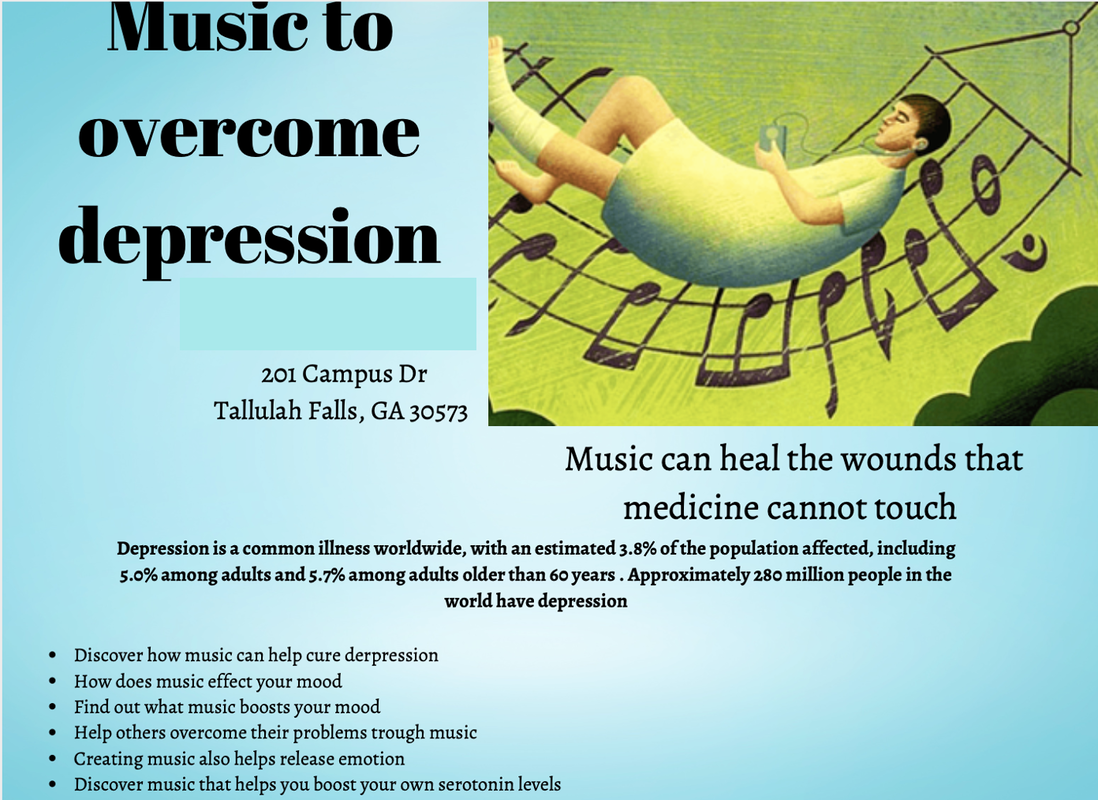

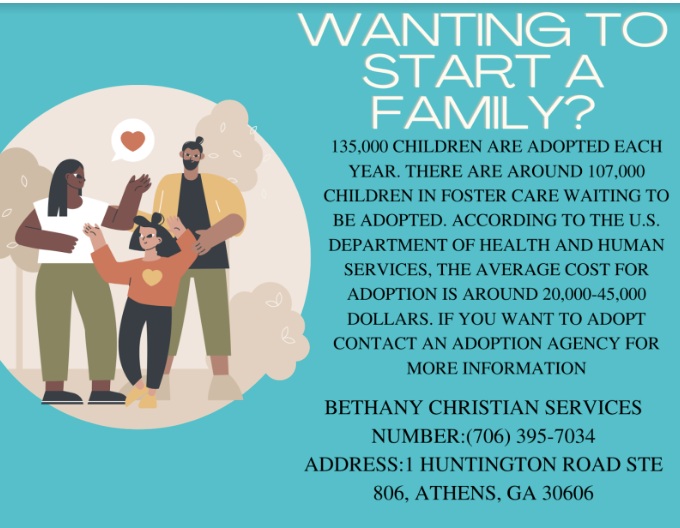
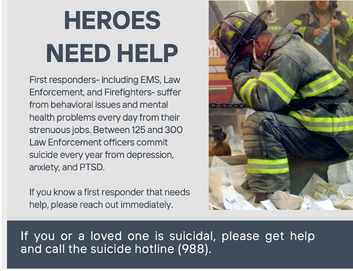

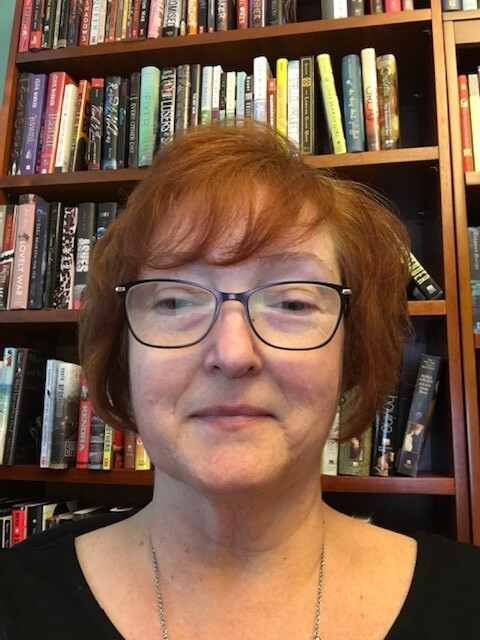
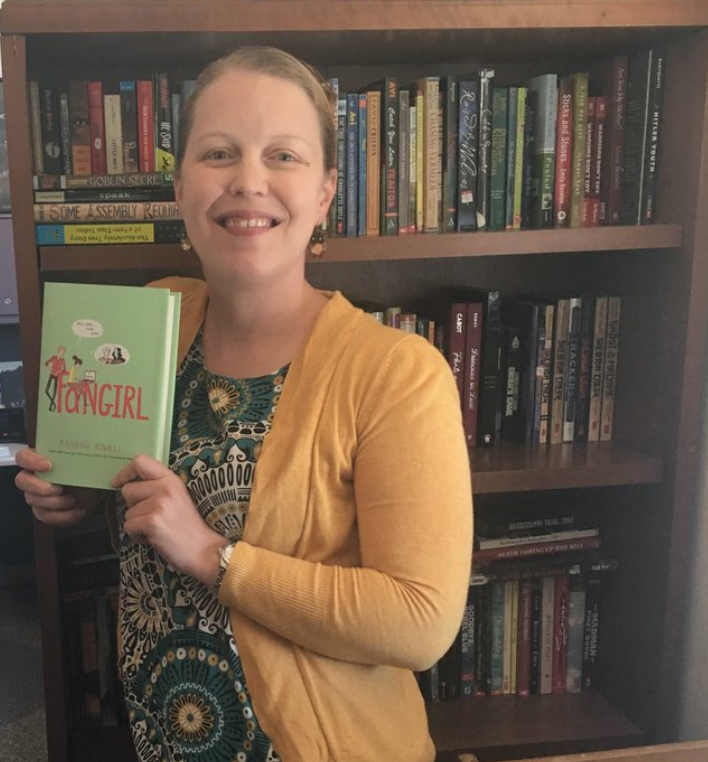

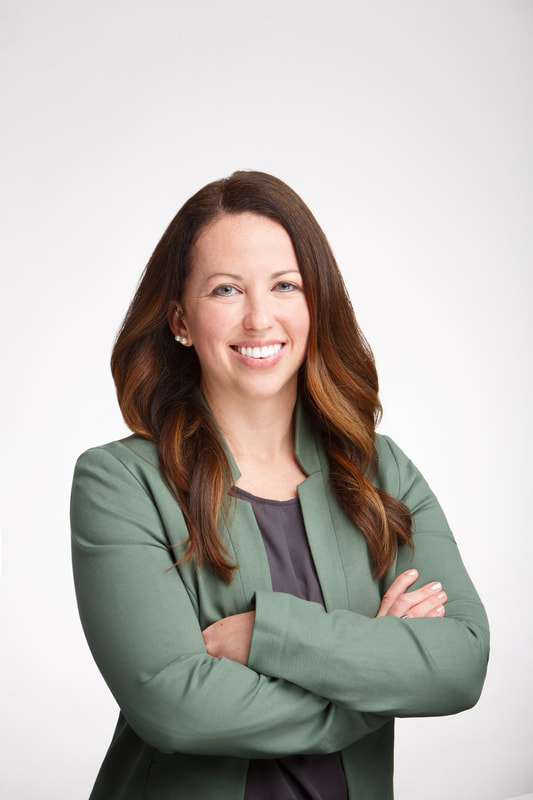
 RSS Feed
RSS Feed